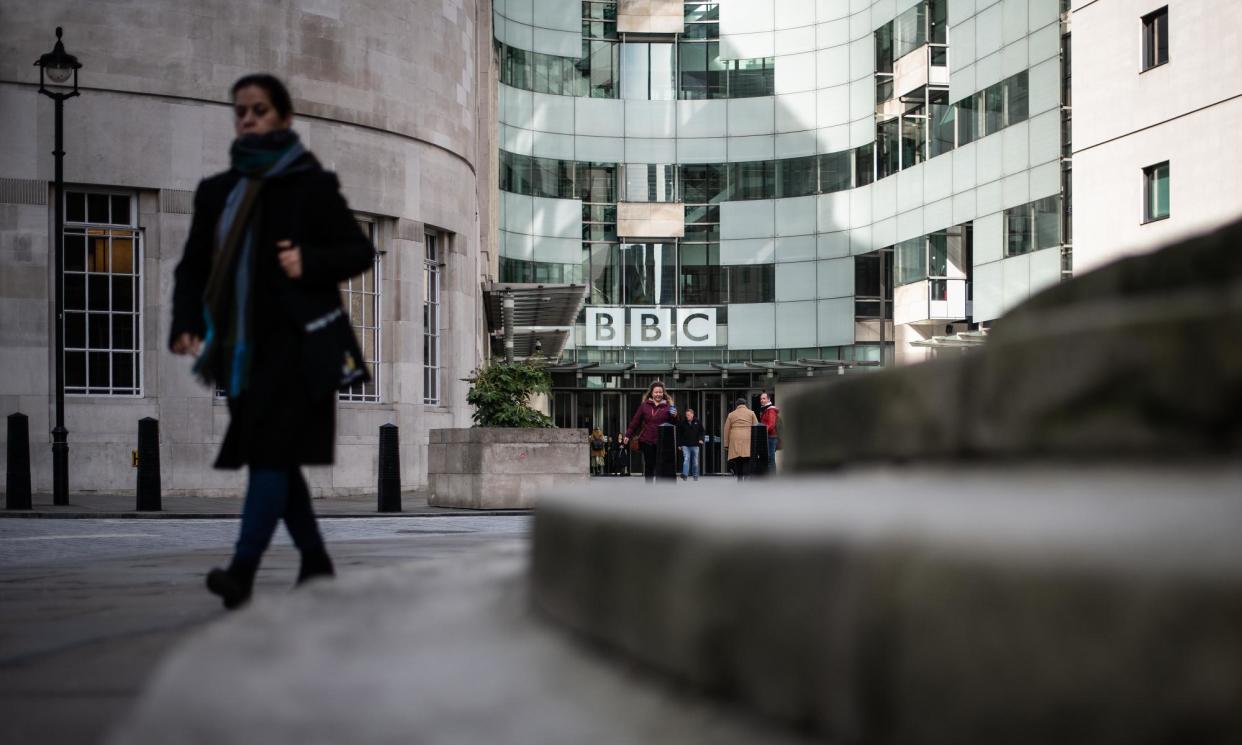BBC licence fee no longer feels justifiable

Regarding Zoe Williams’s article (The TV licence fee scandal: why are 1,000 people a week being casually criminalised?, 29 February), I still pay my licence fee despite not watching any live TV. I watch videos of all sorts on YouTube and livestreams several times a week on Twitch, and listen to music, often from internet radio stations with subscriptions. I refuse to leave myself open to the risk of prosecution for nonpayment of a stealth tax that should either be rolled into ordinary taxation or made into an optional subscription. To prosecute someone for not paying £159 when those at the top are squirrelling away millions in offshore tax havens is the height of unfairness.
Paula Thomas
Bar Hill, Cambridgeshire
• In the 1950s, there was only one thing you could do with a television set, so there was a valid argument for everybody who possessed one paying for our only broadcaster via a licence. But it’s not the 1950s any more. Now we have many more sources of TV material, and not all of them from broadcasters. So it no longer makes sense for one broadcaster to be paid by everyone regardless of whether they watch its programmes. It’s not even clear what a “public service” broadcaster actually is any more, and I’m fairly sure the public have never been asked if they want one.
I can’t think of anything the BBC does nowadays that isn’t done at least as well, if not better, by others. And there are plenty of alternative payment methods that would be fairer than the BBC continuing to be paid more than £3bn every year regardless of what it does.
Roderick Stewart
Liverpool
• Zoe Williams’s article was shocking – the prosecutions appear to be a bit of a moneymaking machine for the BBC. However, it should be pointed out that the single justice procedure (SJP) is only used for those who plead guilty or those who do not respond to the initial notice within 21 days. If the person receiving the notice pleads not guilty, their case will be transferred out of the SJP process, and listed for an in-person court hearing with a prosecutor and, if the defendant so wishes, a defence lawyer. One assumes that those being prosecuted are told this.
Dr Dolf A Mogendorff
Leeds
• Have an opinion on anything you’ve read in the Guardian today? Please email us your letter and it will be considered for publication in our letters section.


